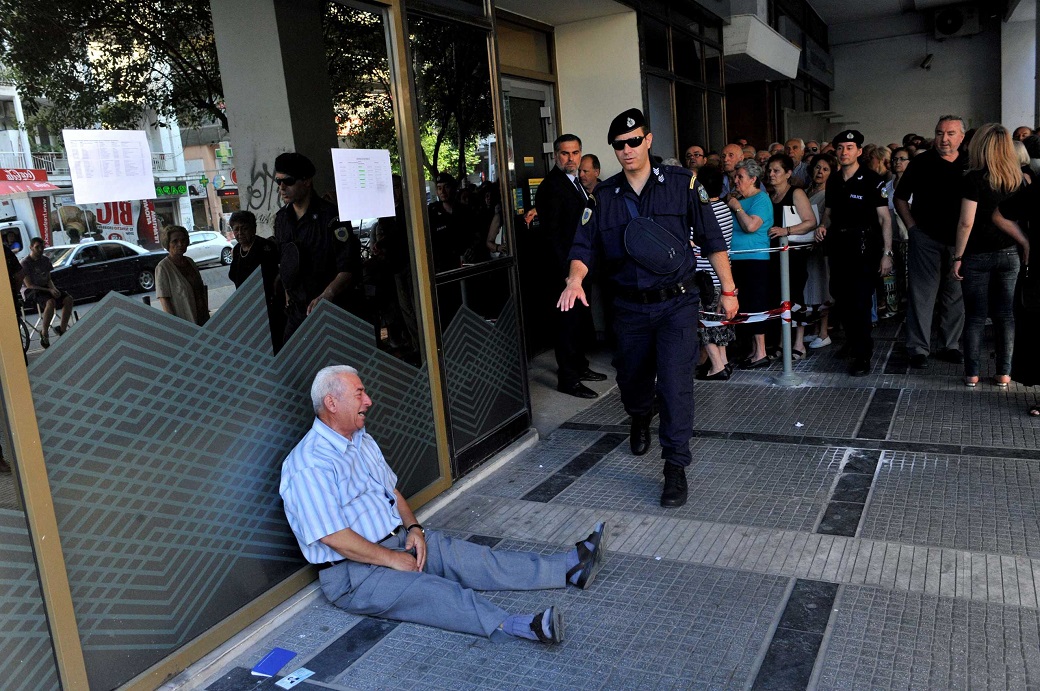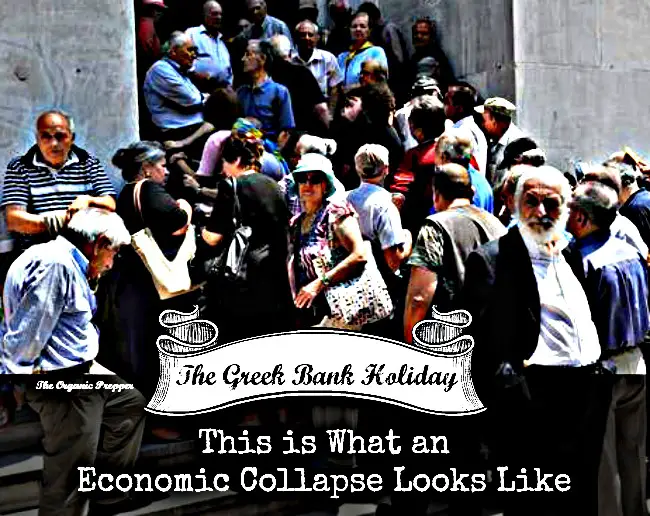The preposterous Gong Show in Brussels over the weekend was the financial “Ben Tre” moment for the Euro and ECB. That is, it was the moment when the Germans—–imitating the American military on that ghastly morning in February 1968——set fire to the Eurozone in order to save it.
Some day history will judge good riddance……..but that get’s ahead of the story.
According to an American soldier’s first hand recollection of the Vietnam event, it was a Major Booris who infamously told reporter Peter Arnett, “It became necessary to destroy the town to save it”.
After the massacre of Greek democracy in the wee hours Monday morning, Angela Merkel said the same thing—even if her language was a tad less graphic:
It reflects the basic principles which we’ve followed in rescuing the euro. It now hinges on step-by-step implementation of what we agreed tonight.”
Now no one in their right mind could think that lending another $96 billion to an utterly bankrupt country makes any sense whatsoever. After all, the Greek economy has shrunk by 30% since 2008 and is wreathing under what is objectively a $400 billion public debt already in place today.
That figure follows from the fact that on top of Greece’s acknowledged $360 billion of general government debt there’s at least another $25 billion loan embedded in the ELA advances to the Greek banking system. The latter is deeply insolvent, meaning that some considerable portion of the $100 billion ELA currently outstanding is not an advance against good collateral in any plausible banking sense of the word, but merely a backdoor fiscal transfer from the ECB to keep Greece’s financial shipwreck afloat.
Likewise, as I demonstrated Friday, given the even deeper deep hole into which the Greek economy has tumbled during the last six months, the fiscal targets extracted from Greece under this weekend’s demarche are utterly ridiculous. Indeed, even if the targeted primary surpluses of 1,2,3 and 3.5% of GDP are miraculously reached through 2018, upwards of $15 billion of budget deficits after interest accruals would be incurred anyway, and a lot more than that if there are material budget shortfalls, which is a virtual certainty.
…click on the above link to read the rest of the article…












